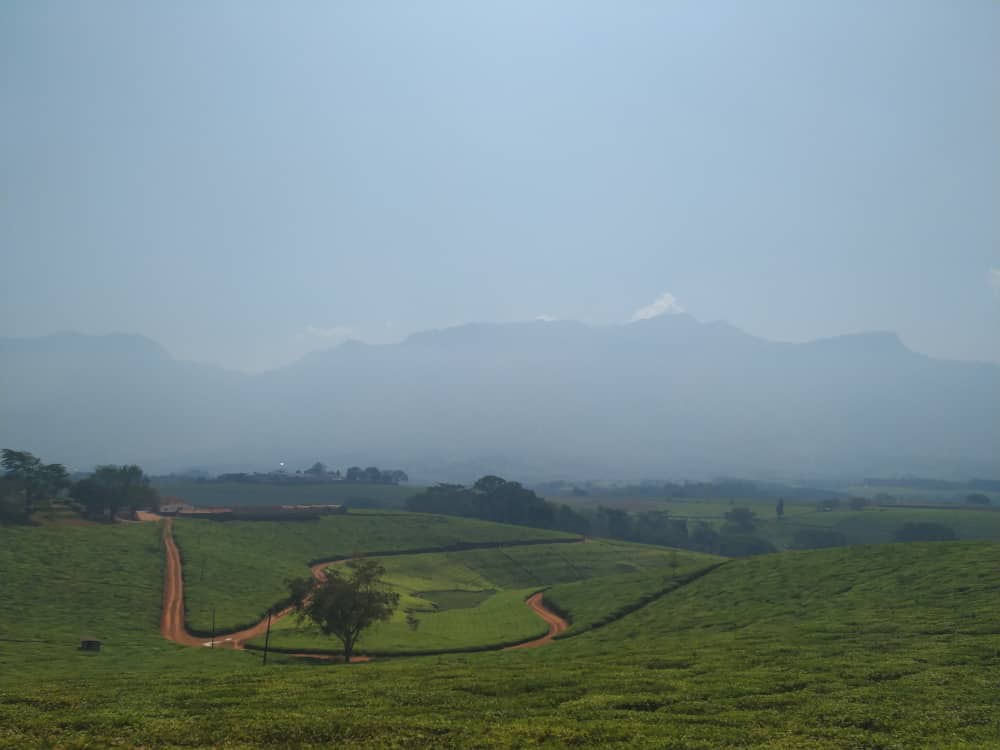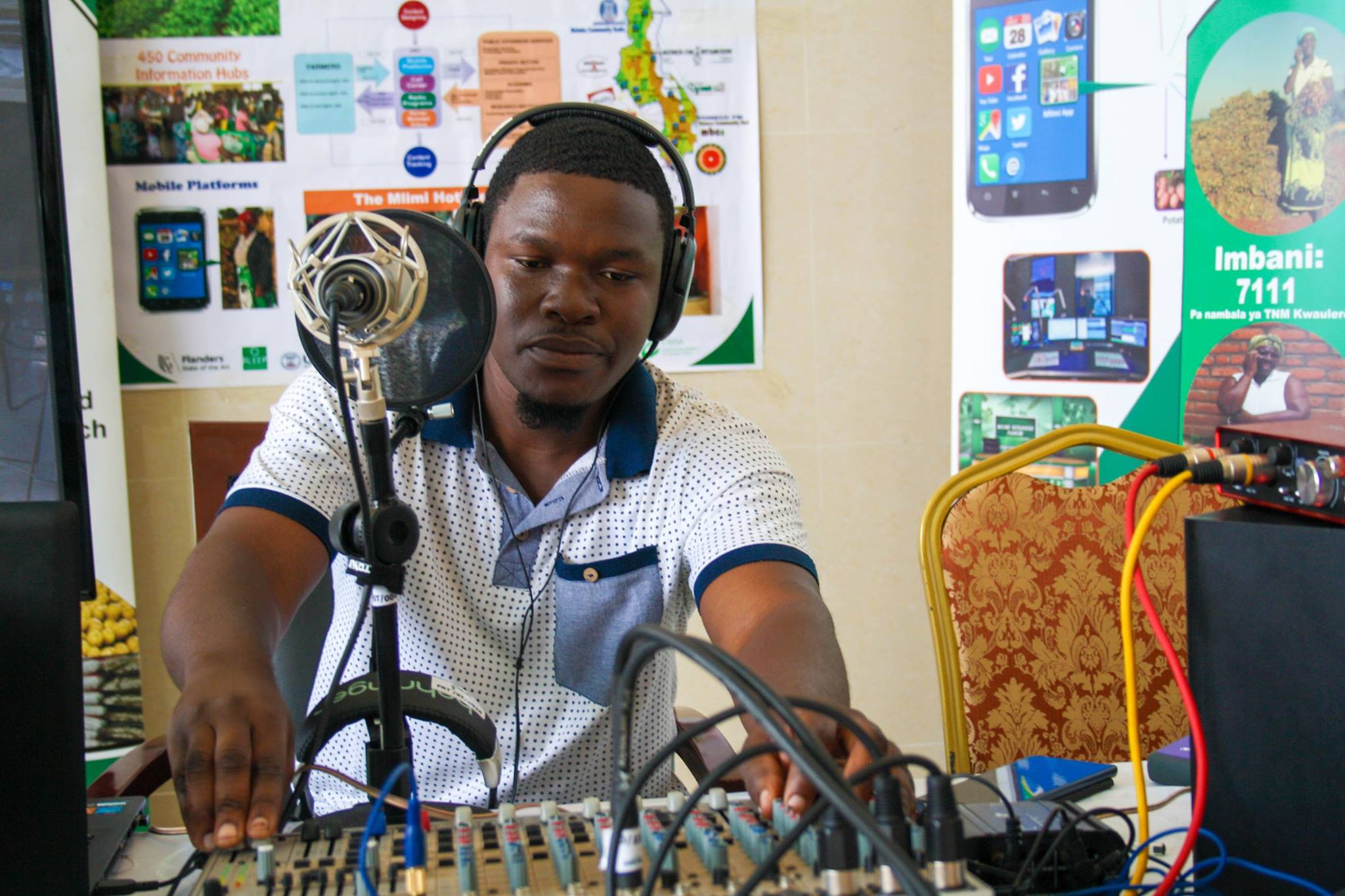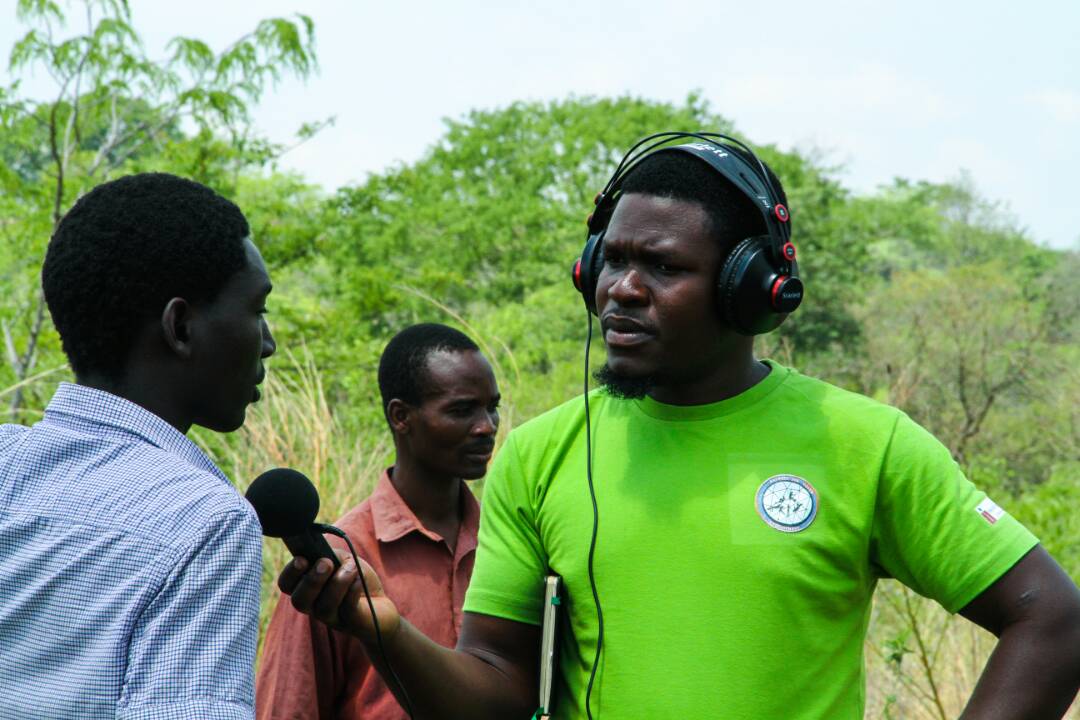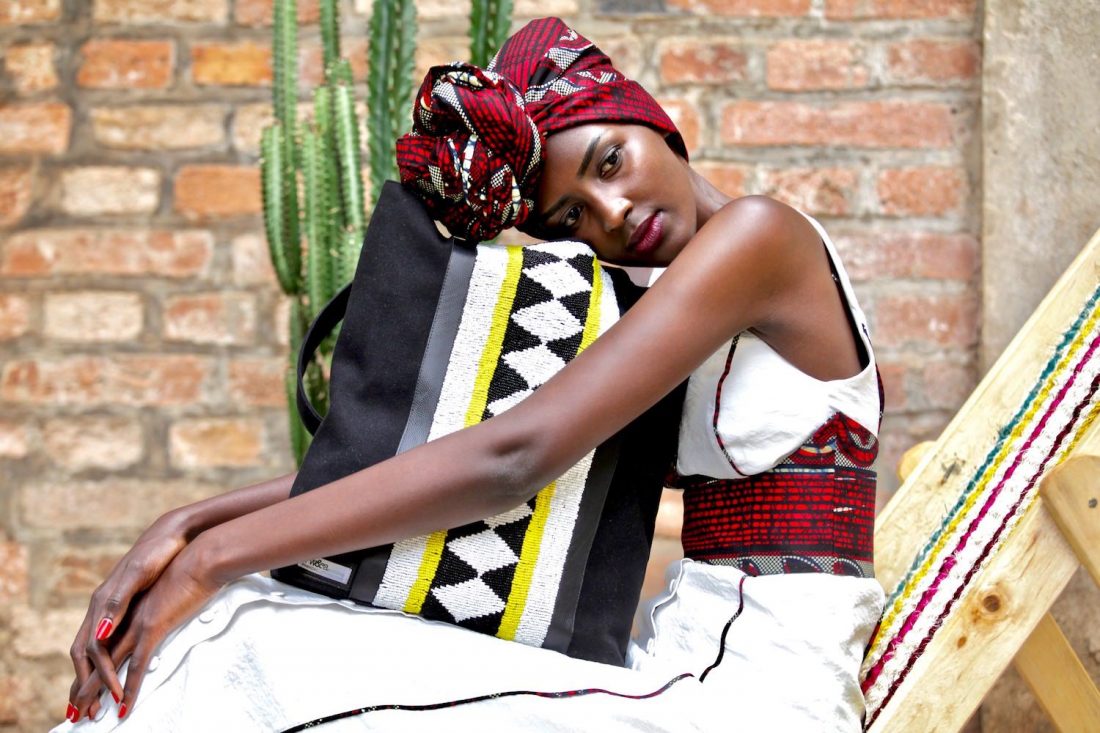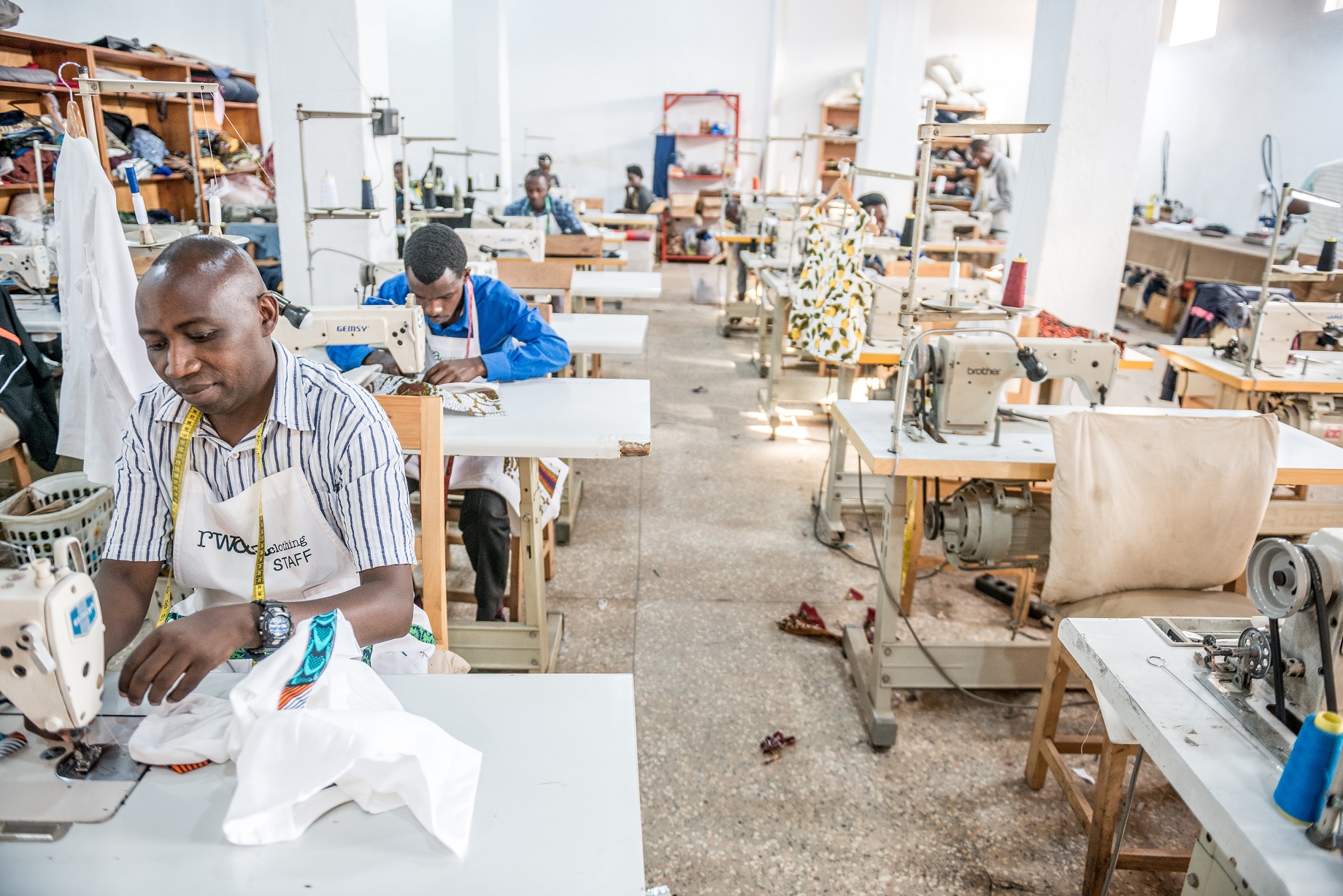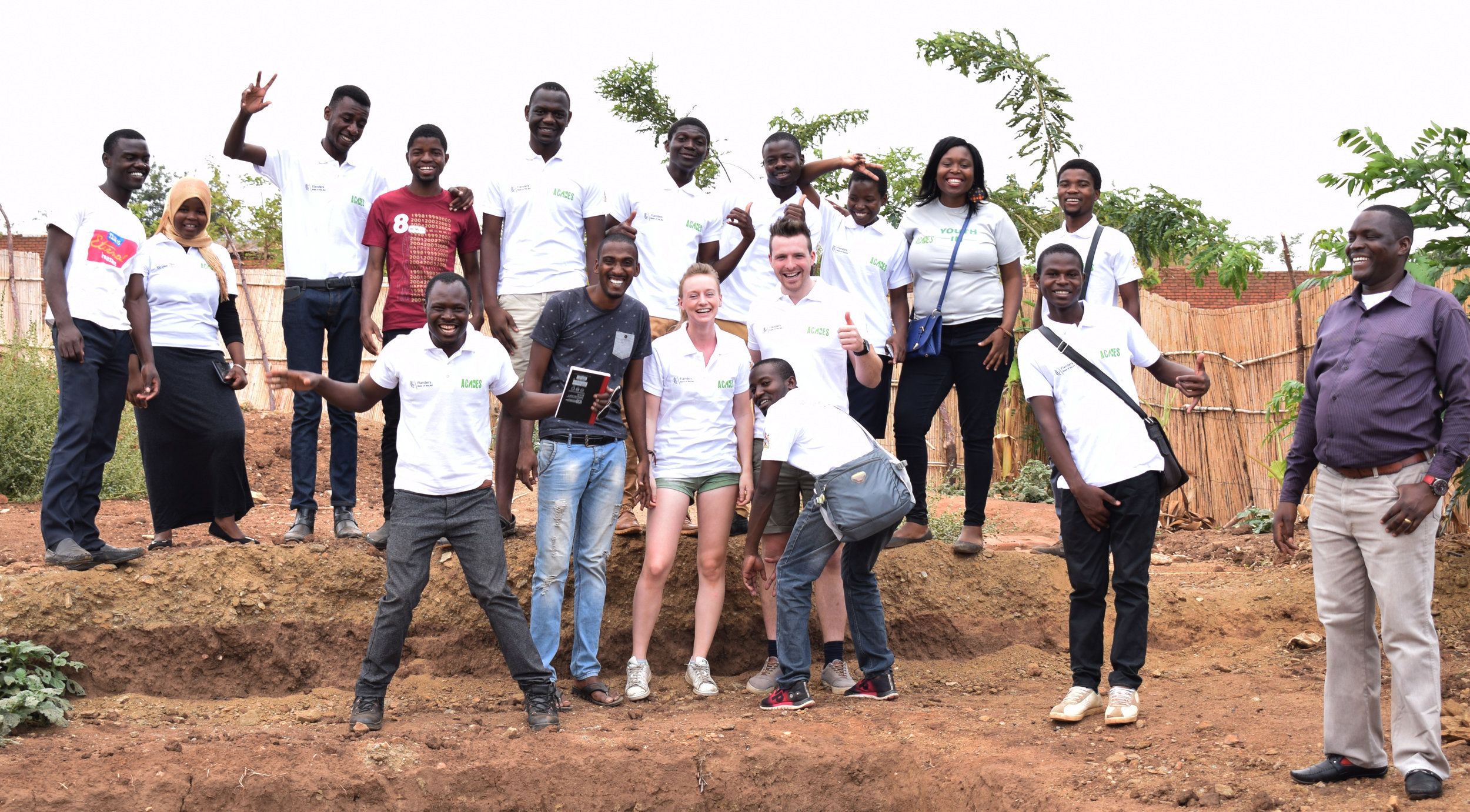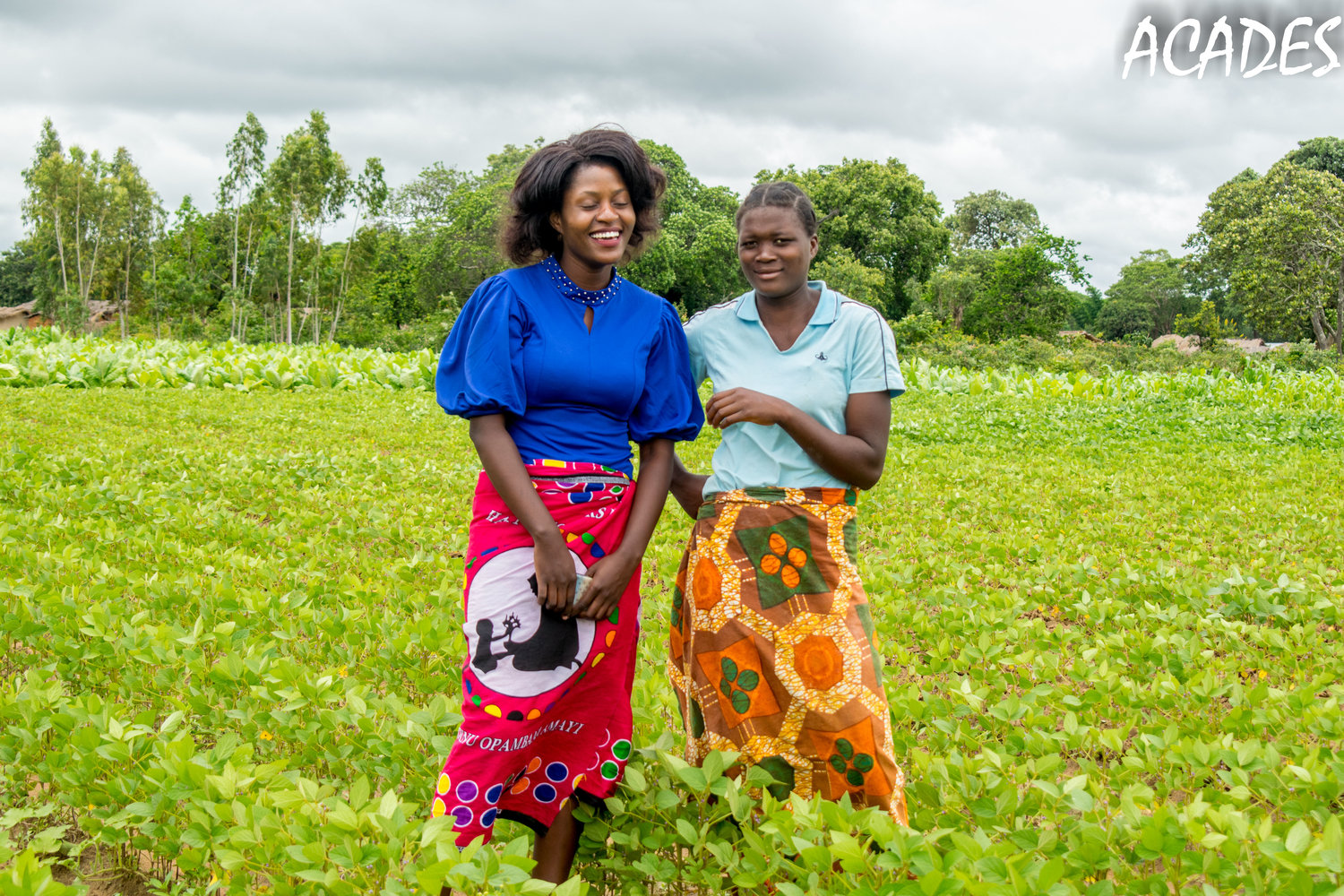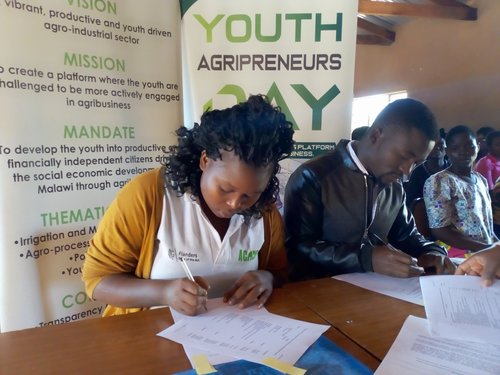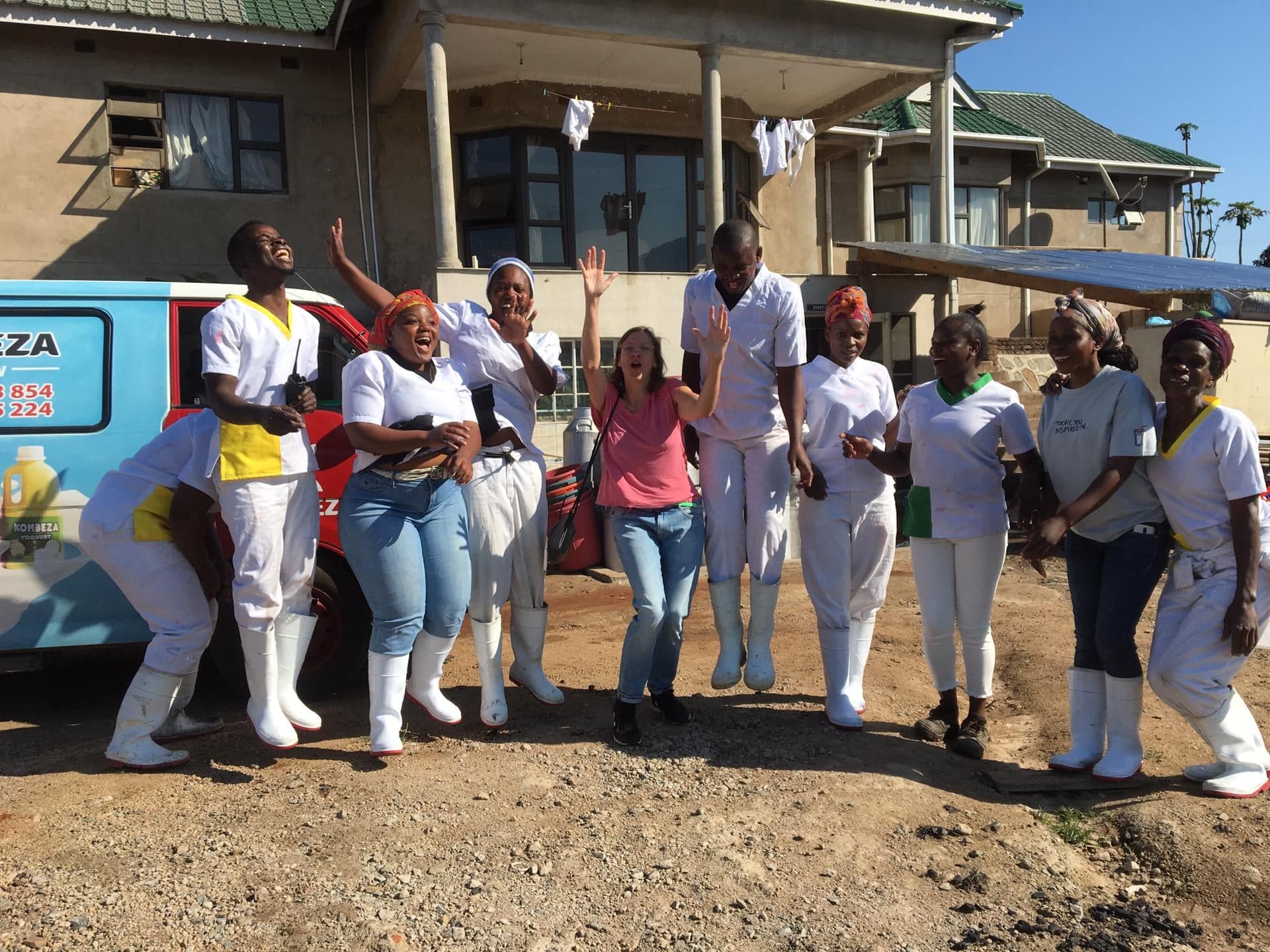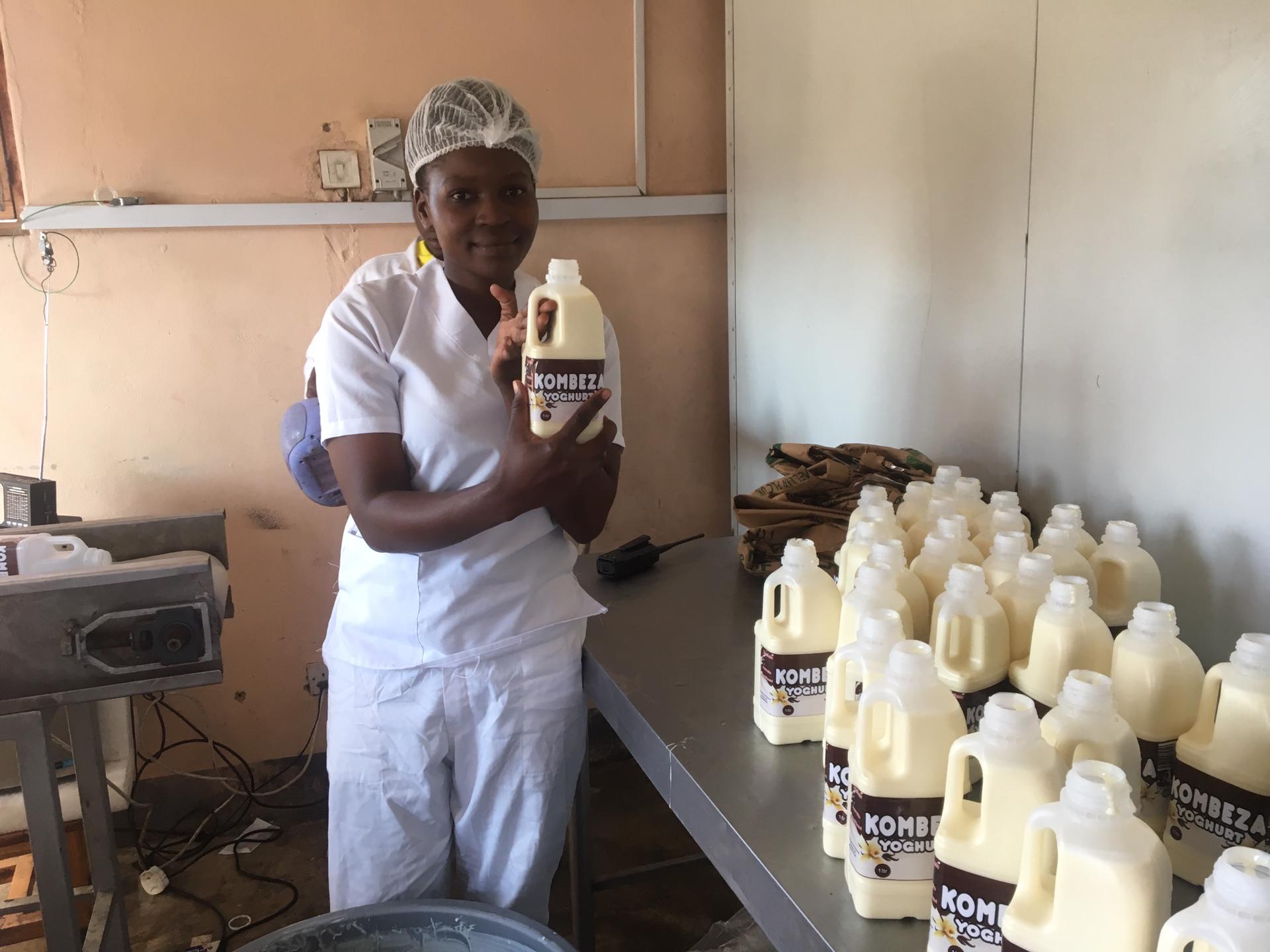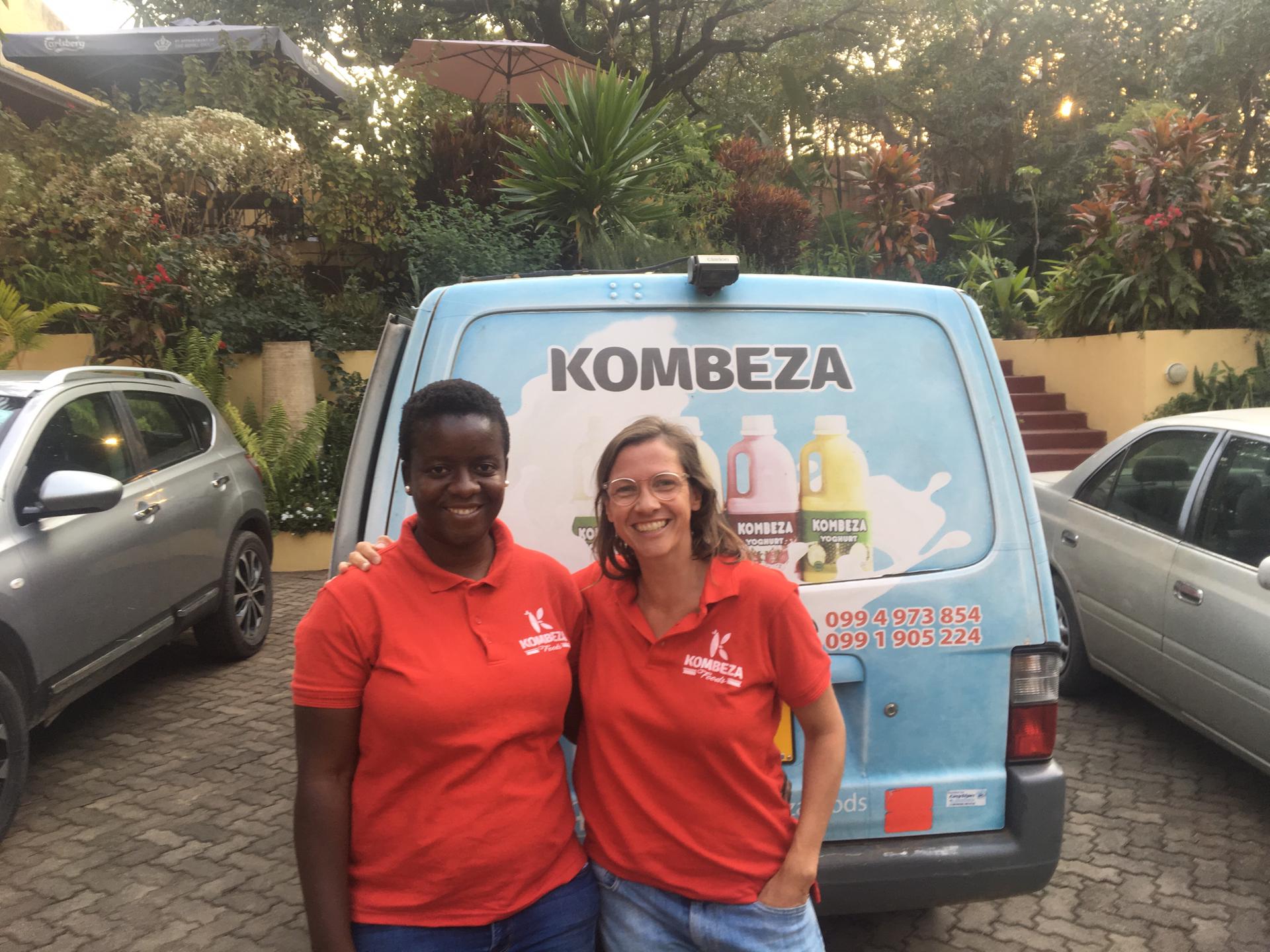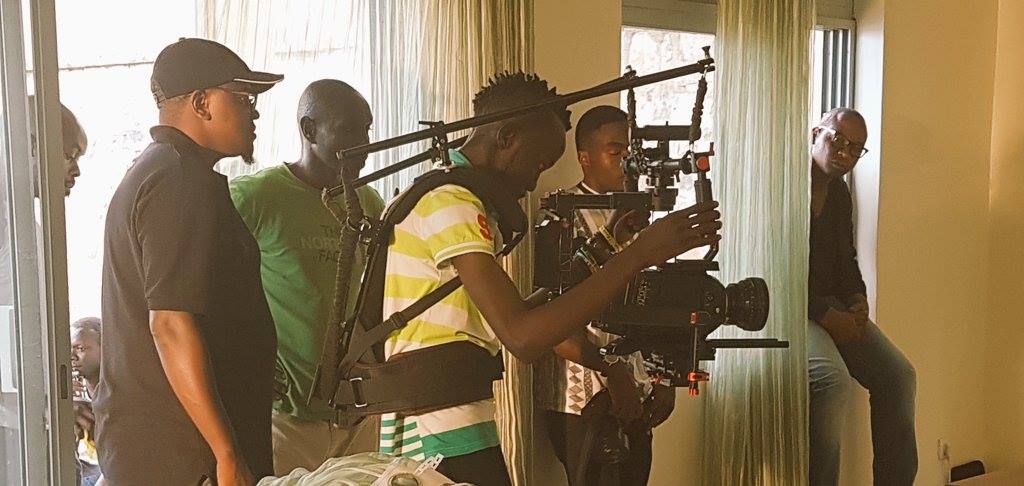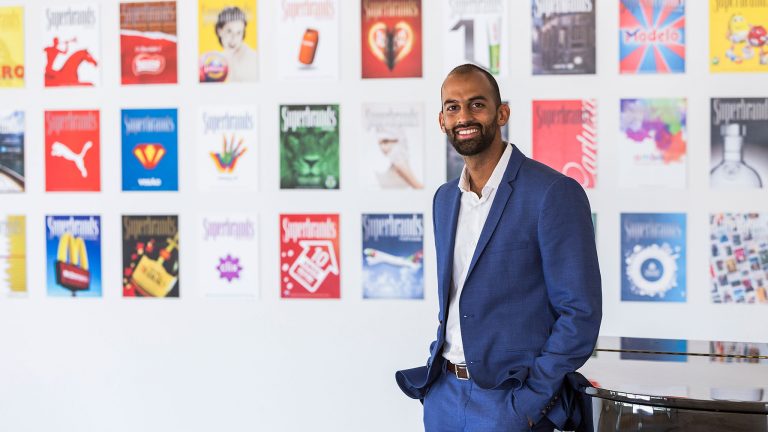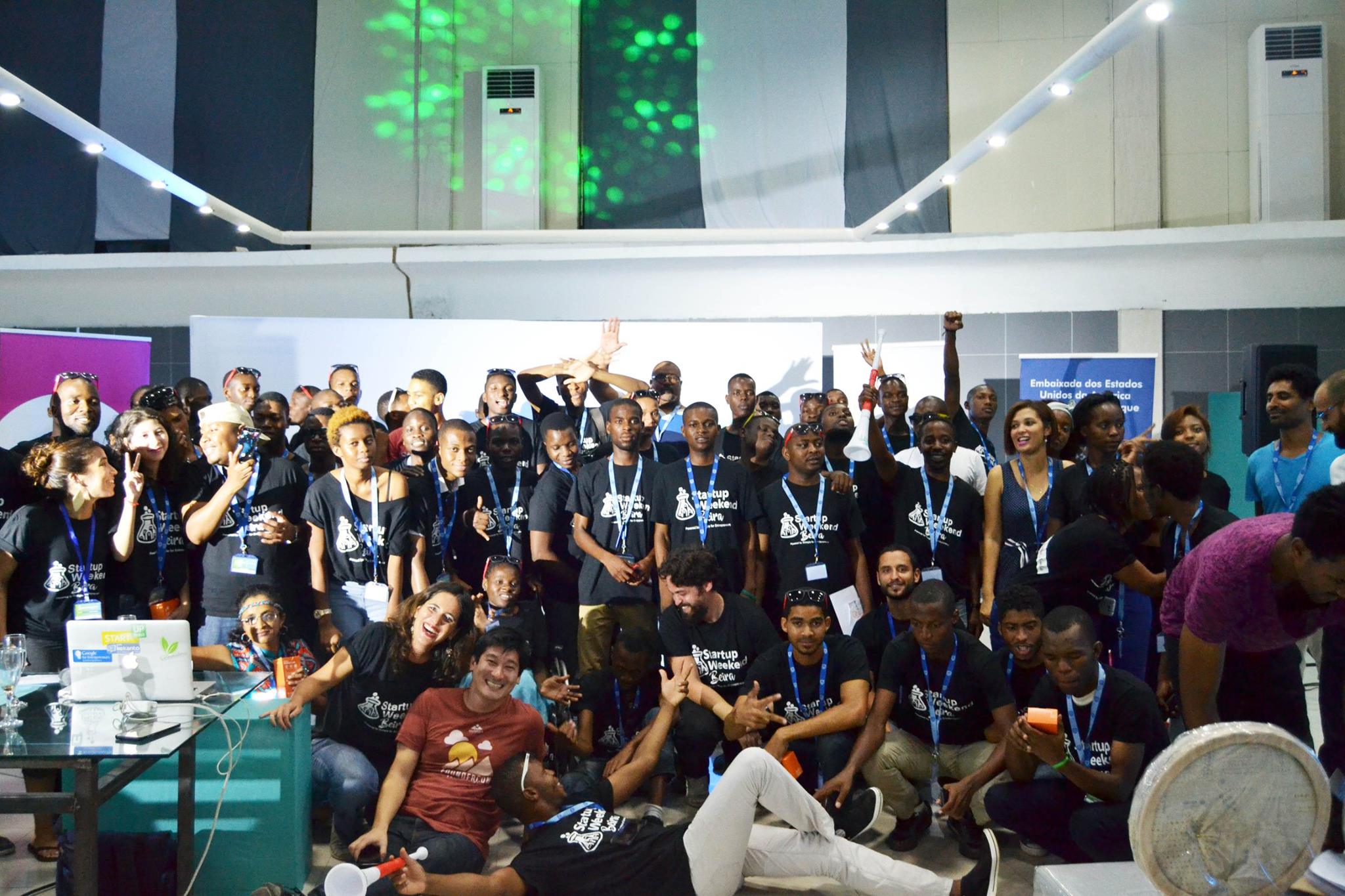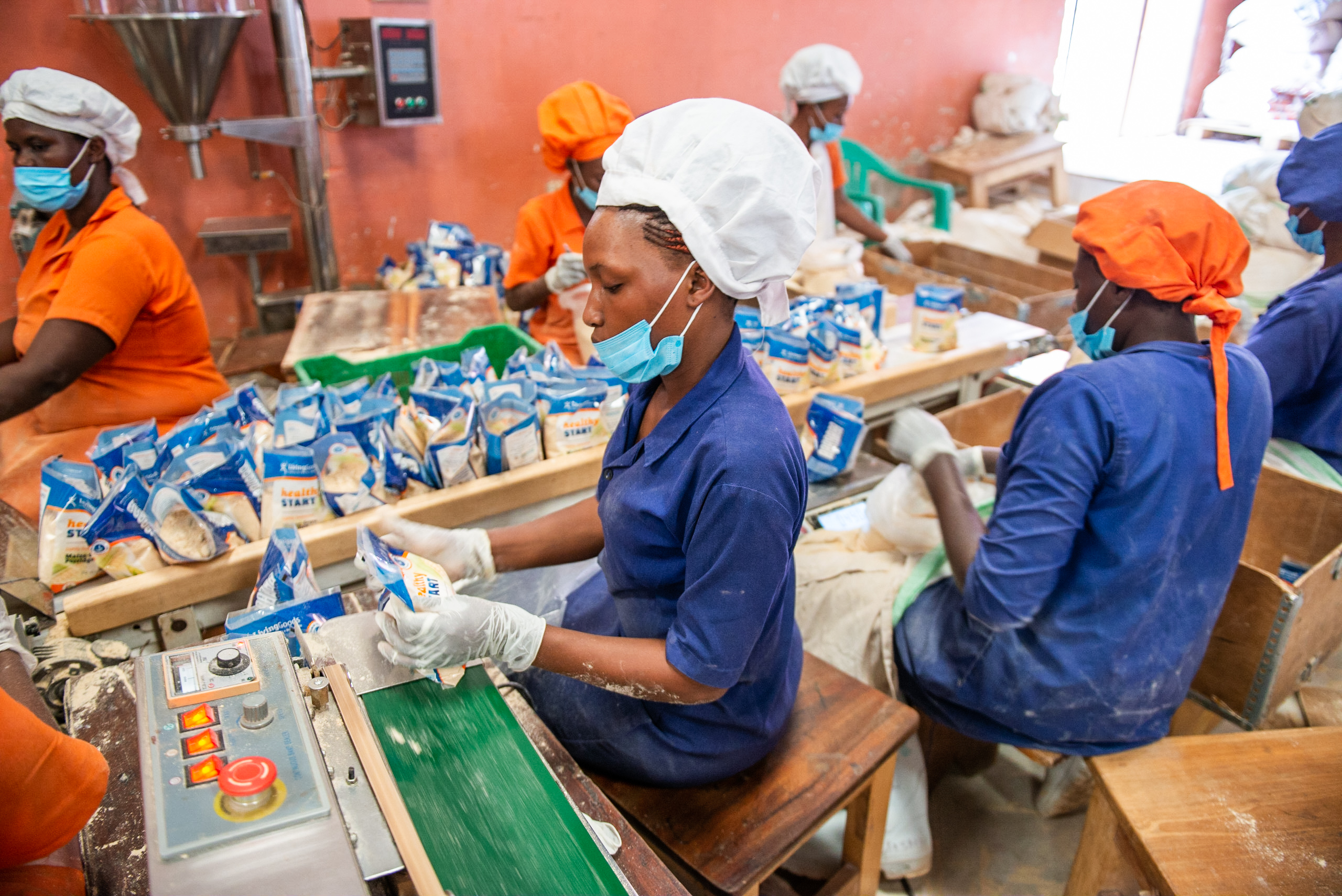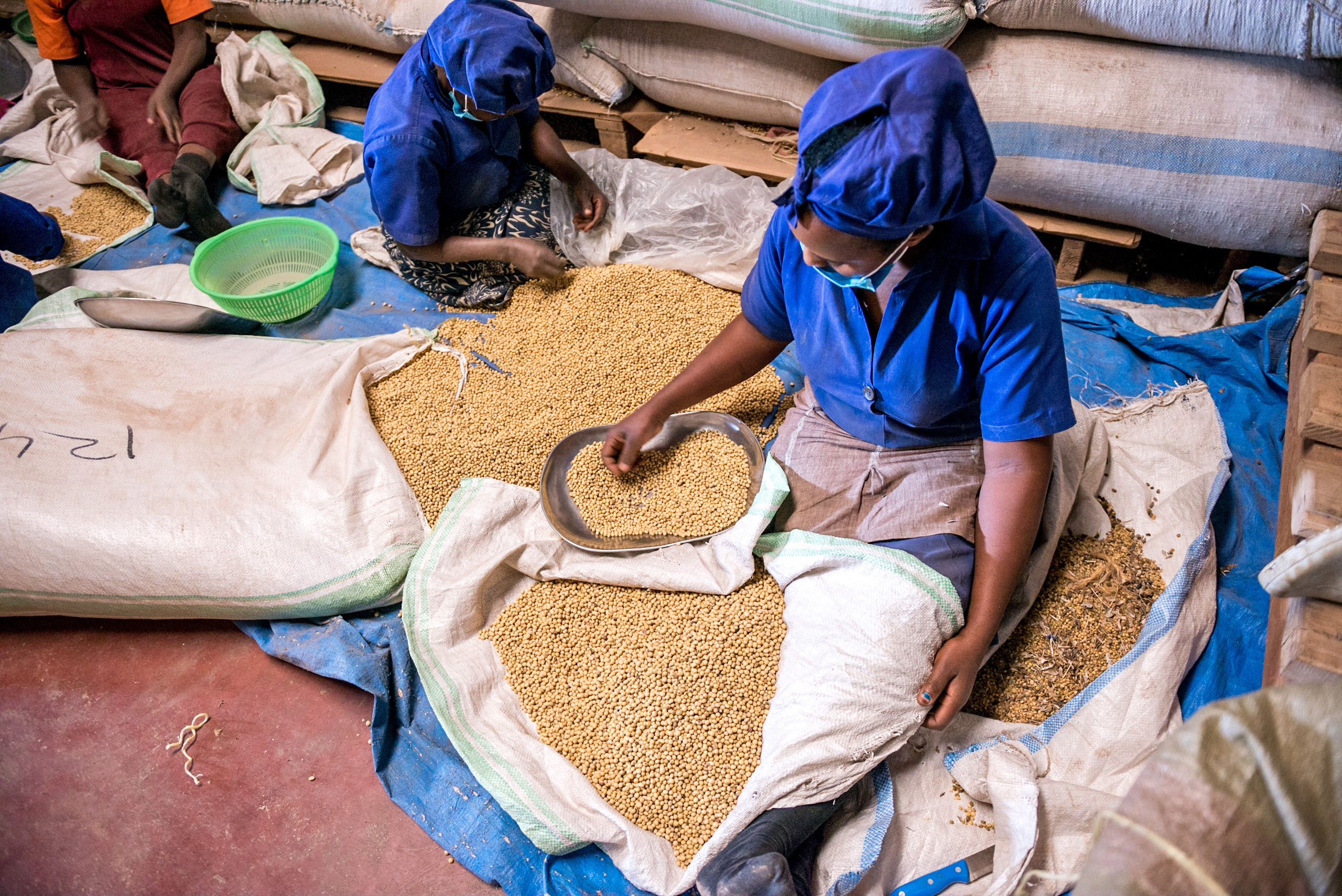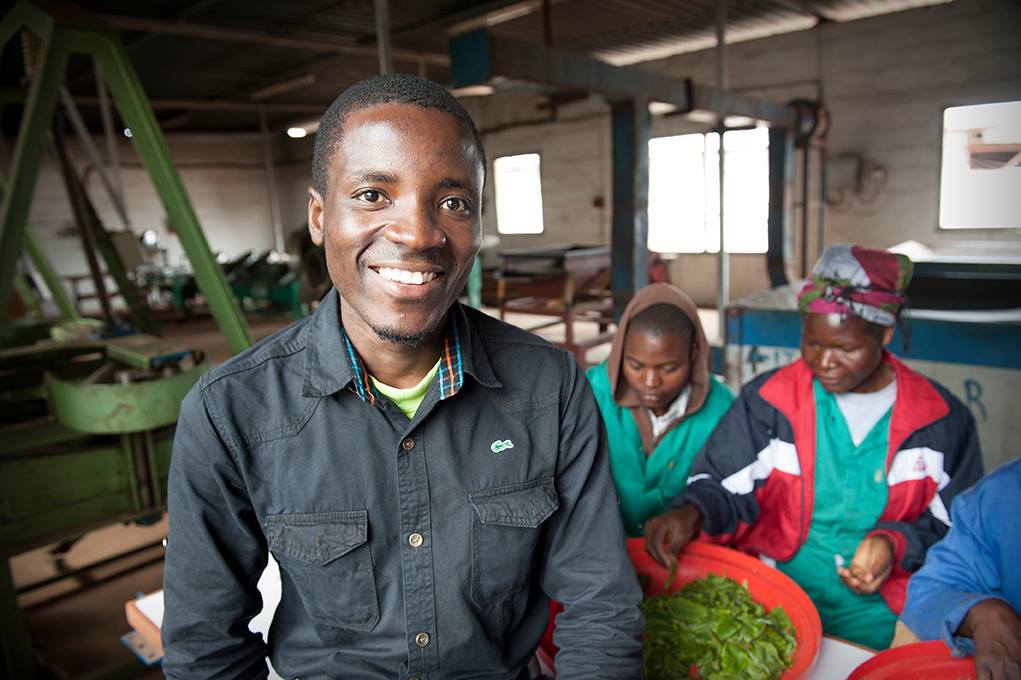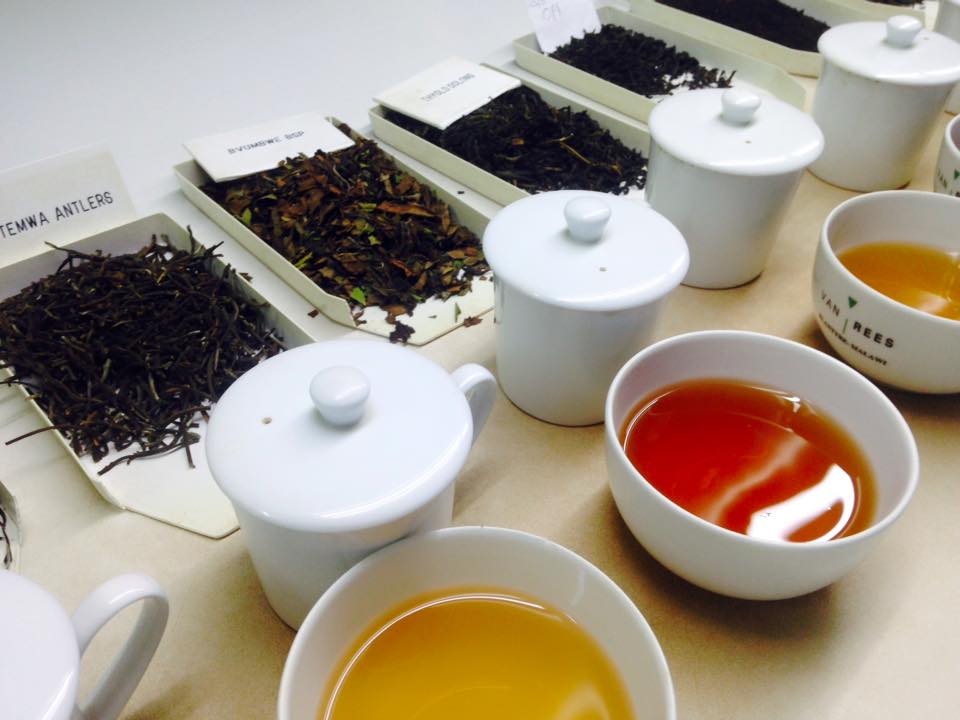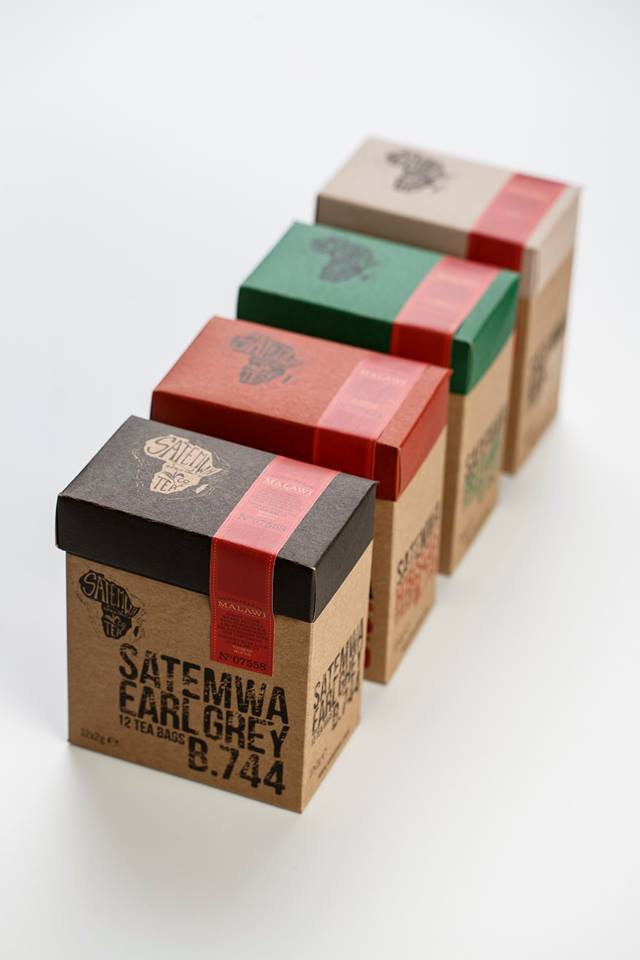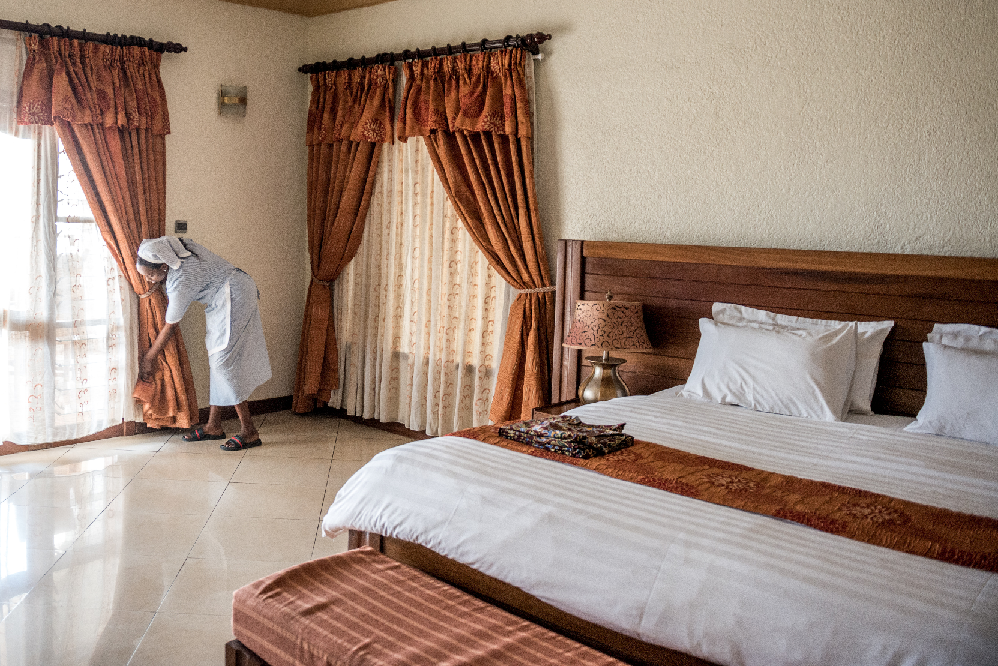
Supporting strong women in the Rwandan hotel sector
Rwanda Chamber of Women Entrepreneurs
A couple of years ago, Exchange got in touch with the Rwanda Chamber of Women Entrepreneurs (RCWE). This Chamber is part of the Private Sector Federation (PSF) of Rwanda which represents over 10 sector federations in Rwanda. Some of the members of the Rwanda Chamber of Women Entrepreneurs, active in the hotel sector, already experienced very positive Exchange expertise in the past.
It may come as no surprise that, at the beginning of 2019, Exchange was asked to give more permanent support to the Chamber itself, specifically in the area of Tourism. Exchange expert Griet Geudens from Flanders Tourism travelled to Rwanda to meet all the different stakeholders and check if an Exchange Growth Programme could add value to the local partners in the tourism sector. Her feedback to Exchange was clear: there is a great potential still to be explored!
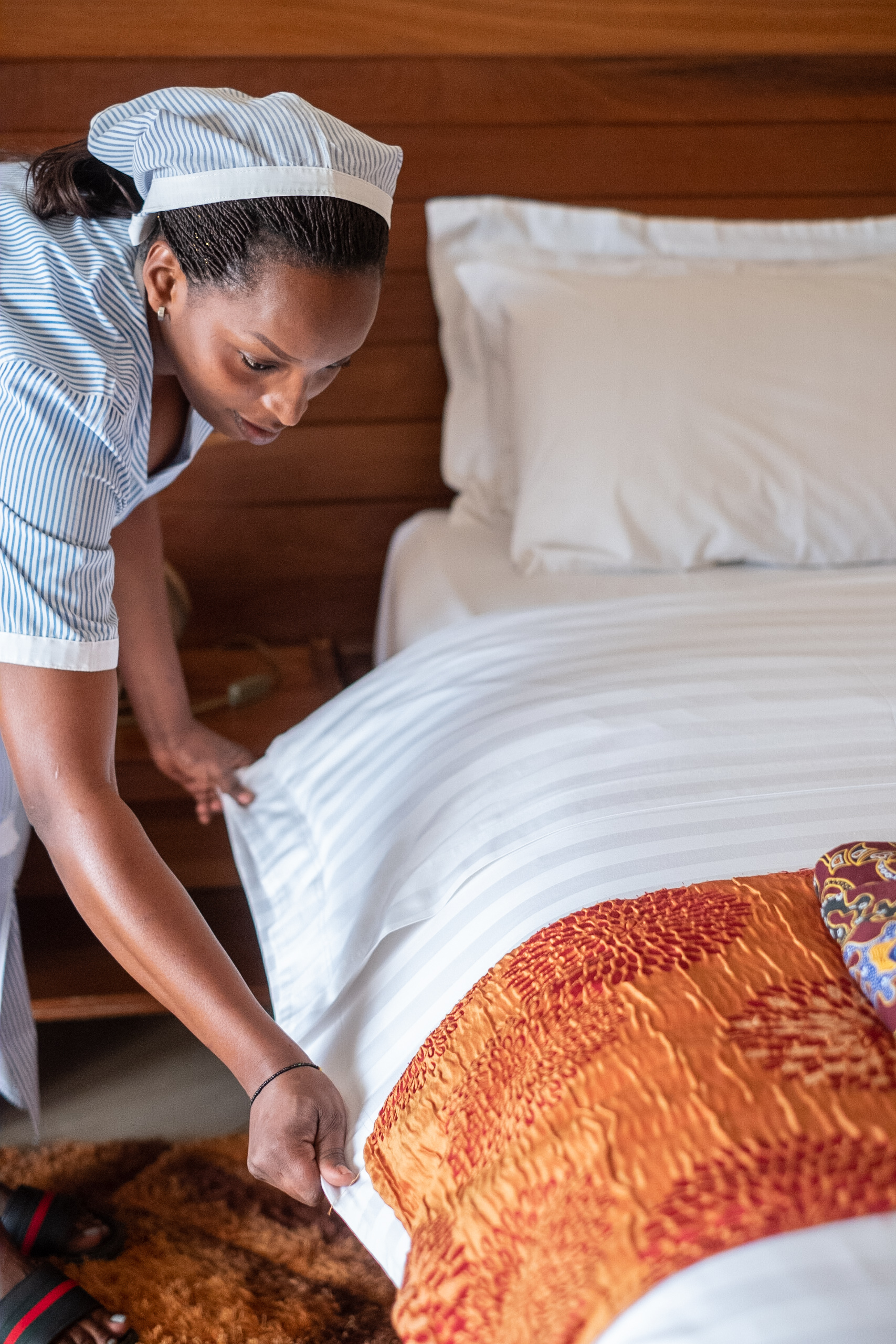
As a result, Exchange went on the search for the ideal coach to manage this new tourism programme. We were lucky enough to find Nadine De Weirdt, business consultant at Vlaio (Flemish Agency for Innovation and Entrepreneurship). Nadine has coached a lot of entrepreneurs in the tourism sector and has worked closely with Flanders Tourism in the past. Her profile is a perfect fit for the job.
In October 2019, Nadine travelled to Kigali and started capturing all the needs of the several tourism stakeholders in Rwanda through workshops and intensive interviews. In close collaboration with the women leading the Chamber, she co-created the cornerstones of the tourism programme in Rwanda that will help both employees and managers in the hotel sector to expand their knowledge and competences.
Employees in the hotel sector will be trained in three domains: front office, house keeping and food & beverage. A learning network will be established for the hotel managers; peer-to-peer reviews will help them learn from each other, all the while being coached by both local and Exchange experts. Trainings in tourism management will be open for them as well. Moreover, teachers of local training institutes like the University of Tourism, Technology and Business and the Vatel Hotel and Tourism Business School will get the chance to join these trainings. This in order to pass on the knowledge to tourism students so they are ready to take up a job in the Rwandan tourism sector.
Nadine will coordinate and exchange information on a regular basis with her counterpart in Uganda, Griet Geudens. In this way Exchange experts can share their knowledge in both countries and information can be regionally shared between both countries.
Better mark Rwanda on your list of travel destinations!


